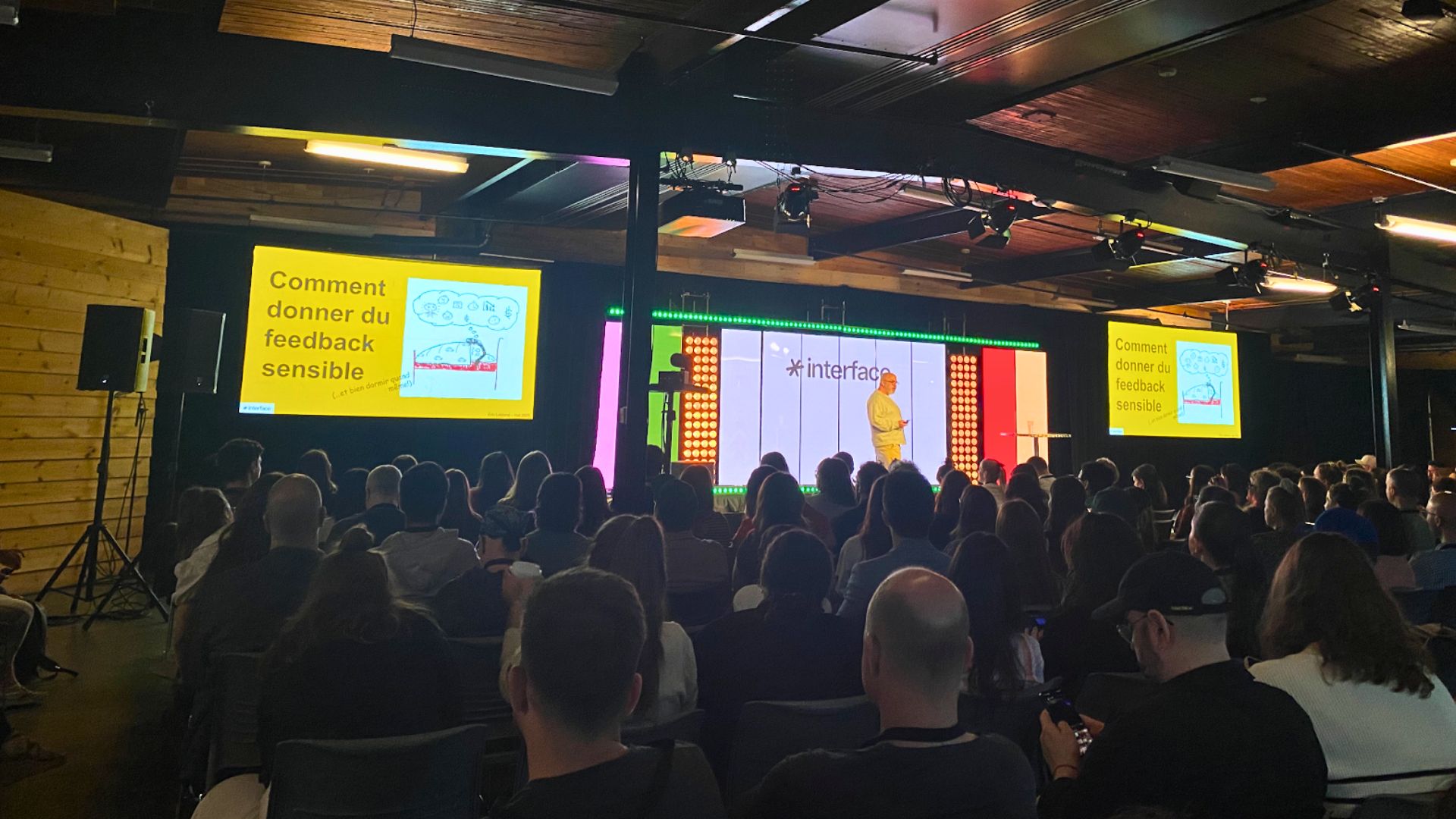Dans le cadre du sondage « Vie privée en ligne, promotion en ligne », mené auprès de 5400 élèves par l’organisme Habilomédias, on a examiné les stratégies utilisées par les jeunes pour contrôler l’image d’eux qui se dégage de leur présence en ligne, ainsi que les moyens utilisés pour protéger leurs renseignements personnels.
Le premier constat est que même les plus jeunes élèves partagent une grande quantité de renseignements privés sur les médias sociaux. Heureusement, plusieurs emploient des stratégies pour protéger leur vie privée : ne pas diffuser leurs coordonnées, utiliser une fausse identité, utiliser les paramètres de confidentialité pour bloquer l’accès à des étrangers, ou encore supprimer une publication ou demander à quelqu’un de supprimer une publication les concernant.
L’étude démontre toutefois que si les jeunes sont conscients de la nécessité de protéger leurs renseignements personnels, leur connaissance et leur compréhension des services de géolocalisation, des politiques de confidentialité et des questions de partage de mots de passe est souvent limitée. Dans bien des cas, ils n’utilisent pas tous les outils à leur disposition pour protéger leurs données privées.
D’autre part, les résultats de l’étude indiquent que 68 % des élèves croient, à tort, qu’un site énonçant une politique de confidentialité ne partagera pas leurs renseignements personnels avec d’autres parties; plus inquiétant encore, 59 % des élèves partageraient le mot de passe de leur compte de réseautage, de courriel ou de téléphone cellulaire. Les filles sont beaucoup plus susceptibles que les garçons de partager leurs mots de passe.
De plus, le pourcentage d’élèves qui mentent à propos de leur âge en ligne afin de pouvoir s’inscrire à des sites réservés à des jeunes plus âgés qu’eux passe de 18 % en 4e année à 65 % en 11e année (4e secondaire).
Notons enfin que, selon l’étude, 89 % des élèves estiment qu’il n’est pas correct qu’un ami affiche une photo médiocre ou gênante d’eux. De plus, la moitié considère qu’il n’est pas correct non plus de publier une photo d’eux, aussi bonne soit-elle, sans en avoir préalablement obtenu la permission.
À la lumière des résultats de ce sondage, on peut constater l’importance de demeurer vigilants et de s’assurer que nos jeunes utilisent tous les outils à leur disposition pour protéger leurs renseignements privés. Il en va de leur sécurité et de leur réputation.
Voici une présentation des points saillants de l’étude :














